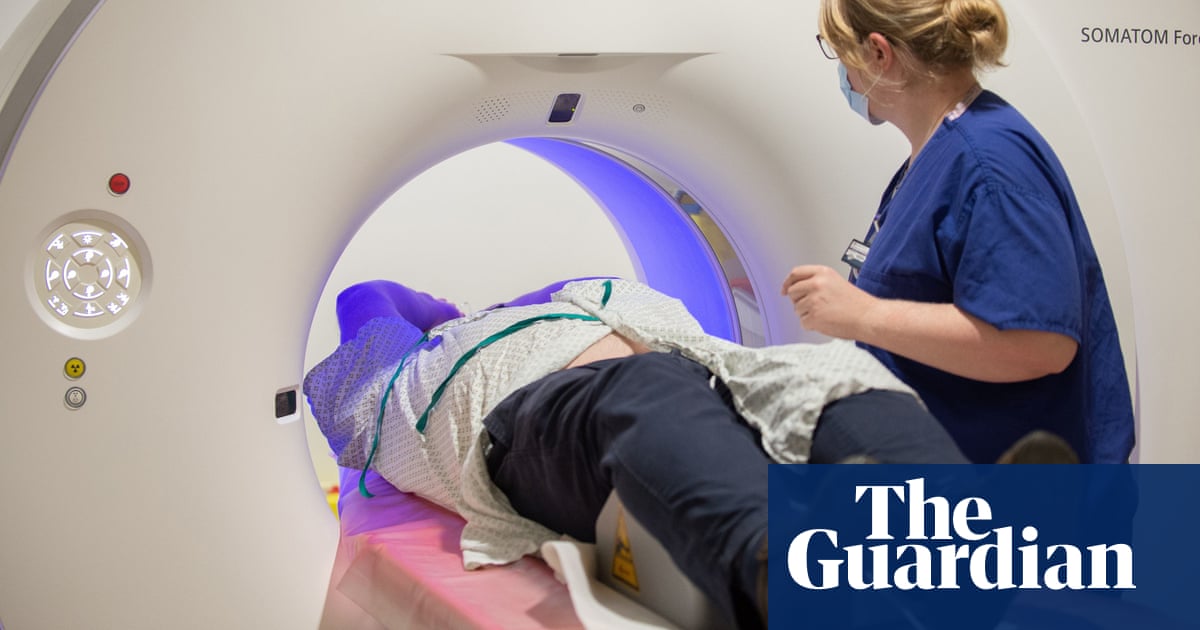
Abnormalities have been identified in the lungs of long Covid patients that could offer a potential explanation for why some people experience breathlessness long after their initial infections.
There is a possibility that Covid may cause damage to the lungs that is not detected using routine tests.
Breathlessness is a symptom in a majority of Covid patients, but it is not known if it is related to other factors such as changes in breathing patterns, or something more fundamental.
According to Dr Emily Fraser, a consultant at Oxford university hospitals and a co-author of the study, the latest findings are the first evidence that underlying lung health could be impaired.
It is the first study to show lung abnormality in people with long Covid who are breathless.
She said more work would be needed to clarify the significance of the findings.
The findings would be of interest to anyone living with long-term breathlessness after Covid, according to a clinical senior lecturer at King's College London who was not involved in the work.
She said that they suggest that the lung's efficiency in doing what it is meant to do may be compromised even though the structure of the lung appears normal.
We need to wait for the completion of the study to know if the findings are robust, how much they explain, and what the ramifications are in terms of potential treatments.
Fraser and colleagues are the latest to highlight the differences seen in people with long Covid, with research published this week pointing to an antibody signature that could help identify those most at risk.
The latest study is using a special technique in which patients breathe in xenon gas while lying in a scanner. The gas can be traced as it moves from the lungs into the bloodstream, giving a reading of how the lungs are functioning. The structure of the lungs is shown in the scans.
The pilot compared three groups: patients with long Covid who have normal scans, people who had been hospitalized with Covid more than three months previously, and a healthy control group.
The initial results show that there is impaired gas transfer from the lungs to the bloodstream in these long Covid patients. Patients who had been hospitalized with more severe disease have been found to have similar abnormality.
These patients have never been in hospital and did not have an acute illness when they had their Covid-19 infections, according to the study's chief investigator.
The team is hoping to find out what proportion of patients with long Covid have abnormal scans and whether it improves over time.
Fraser said the findings did not undermine the relevance of rehabilitation programmes.
Dr Louise Sigfrid, a public health specialist at the University of Oxford who was not involved in the research, said the findings highlighted the need for those who had continuing symptoms to be given comprehensive diagnostic assessments.